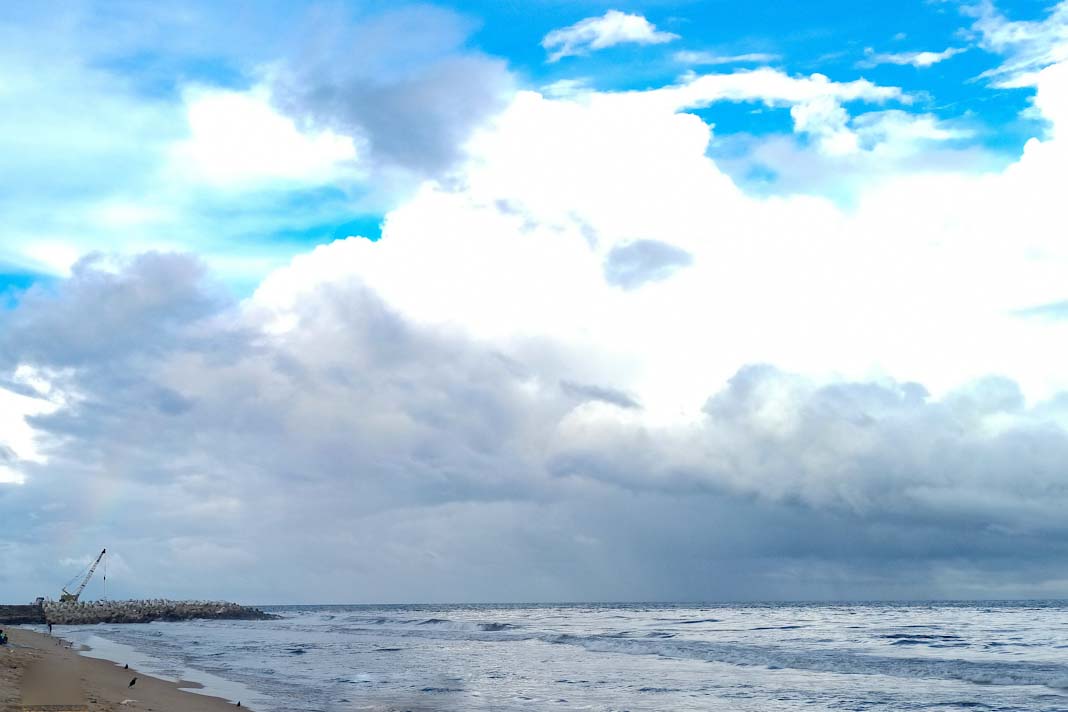- SIRE 2.0 introduces digitalisation and a risk based inspection approach, enhancing accuracy and safety.
- Tailored question sets and improved governance ensure more relevant and in depth inspections.
- OCIMF encourages proactive preparation to ensure a smooth transition before SIRE 2.0 goes live.
The SIRE (Ship Inspection Report Programme) inspection scheme is evolving with the launch of SIRE 2.0, the first major update since 1993. This digitised program aims to enhance marine assurance data quality, transforming inspections while reinforcing industry safety standards, reports West of England P&I Club.
Key Changes in SIRE 2.0
- RiskBased Approach: SIRE 2.0 introduces risk ranked Core and Rotational Questions, focusing on hardware, processes, and human factors for more targeted inspections.
- Digitalisation: Inspections are now fully digitalised, with inspectors using web based tablets for realtime reporting, increasing accuracy and transparency.
- Bespoke Questions: Customised question sets are generated for each vessel based on type, historical performance, and other factors, ensuring inspections are more relevant.
- Enhanced Tools and Governance: New tools and stronger governance improve reporting depth and reliability, leading to better inspection outcomes.
- Human Factor Focus: SIRE 2.0 emphasises human factors, equipping inspectors with detailed information for objective assessments of both the vessel and crew.
Preparing for the Transition
OCIMF urges users to prepare for SIRE 2.0 within the next 60 days by familiarising personnel with new processes and aligning inhouse systems. Completing PreInspection Questionnaires before the official launch will help ensure a smooth transition.
OCIMF’s Programmes Director, Aaron Cooper has adviced the SIRE users stating , “I cannot emphasise enough how important it is that all programme users use the next 60 days to ensure they are prepared to move permanently to SIRE 2.0. During this time, Phase 3 inspections are still available, and programme users should make sure personnel at sea and on shore are fully familiarised with the new inspection process, procedures and guidance and they should also ensure their own in-house procedures, tools and systems are aligned. They can also use this time to complete the Pre-Inspection Questionnaire work before the go-live.”
Training resources are available on the OCIMF website. Proactive preparation will ensure compliance and uninterrupted operations.
Did you subscribe to our daily Newsletter?
It’s Free Click here to Subscribe!
Source: West of England P&I Club

















